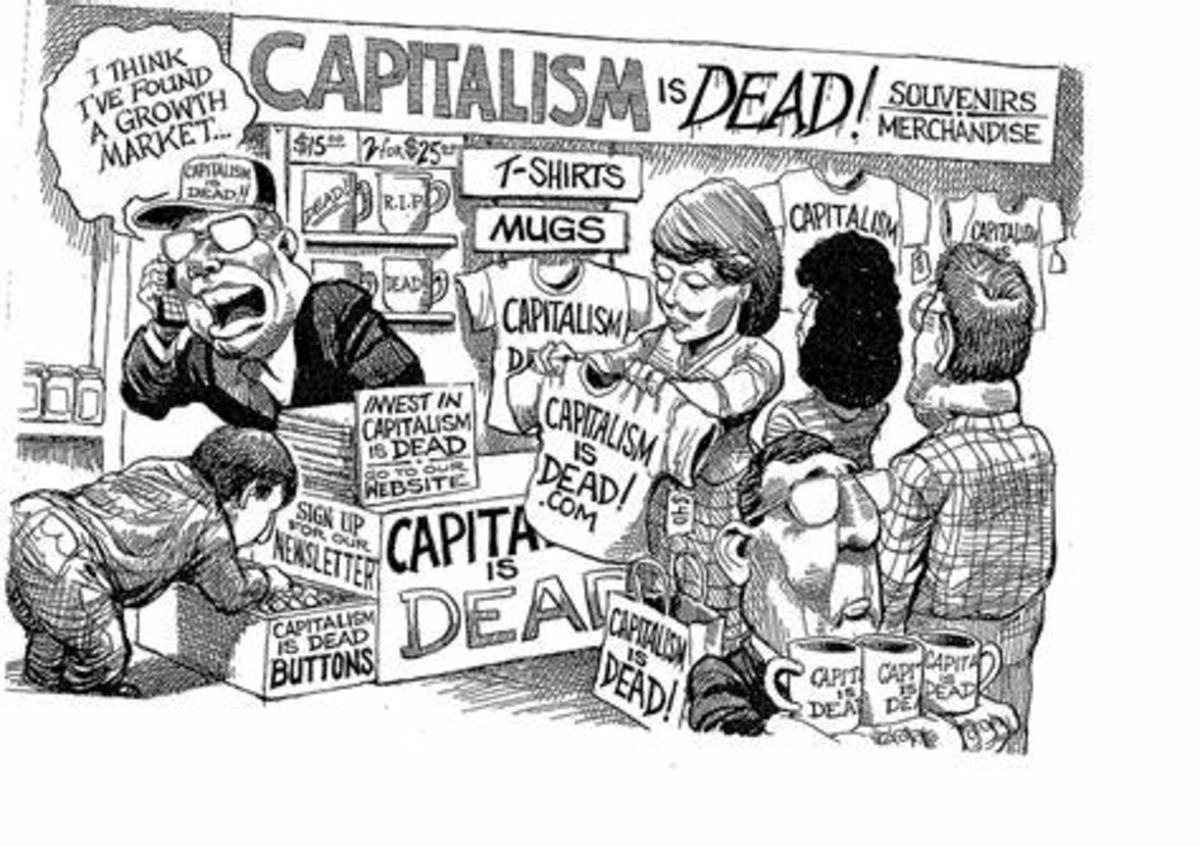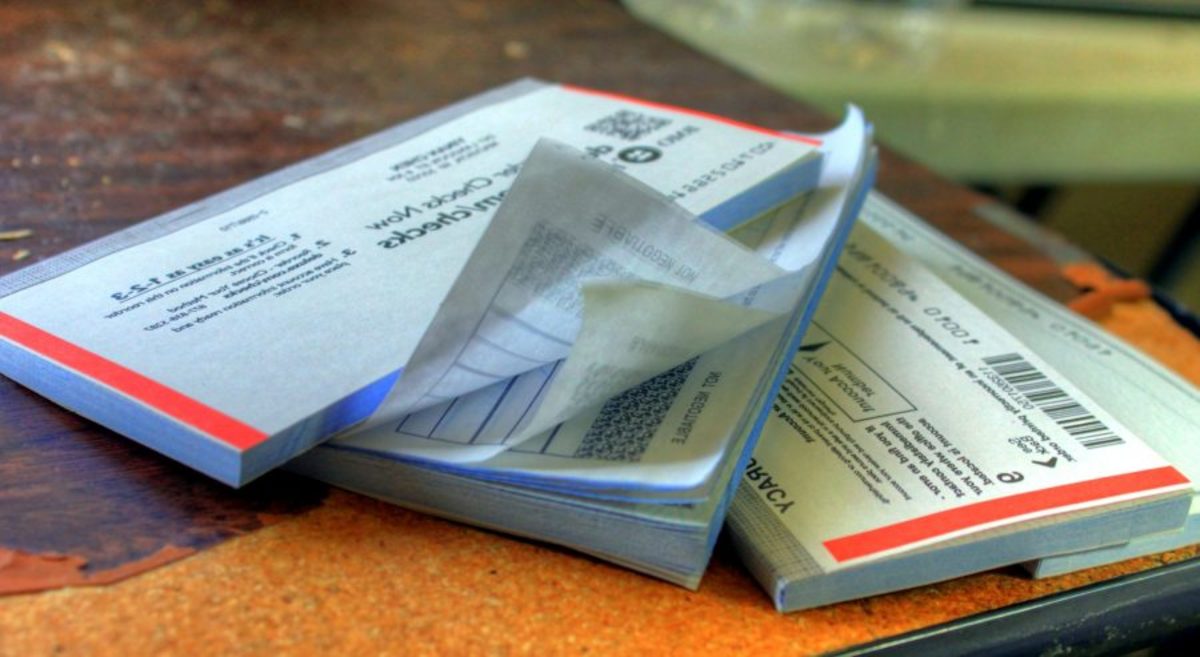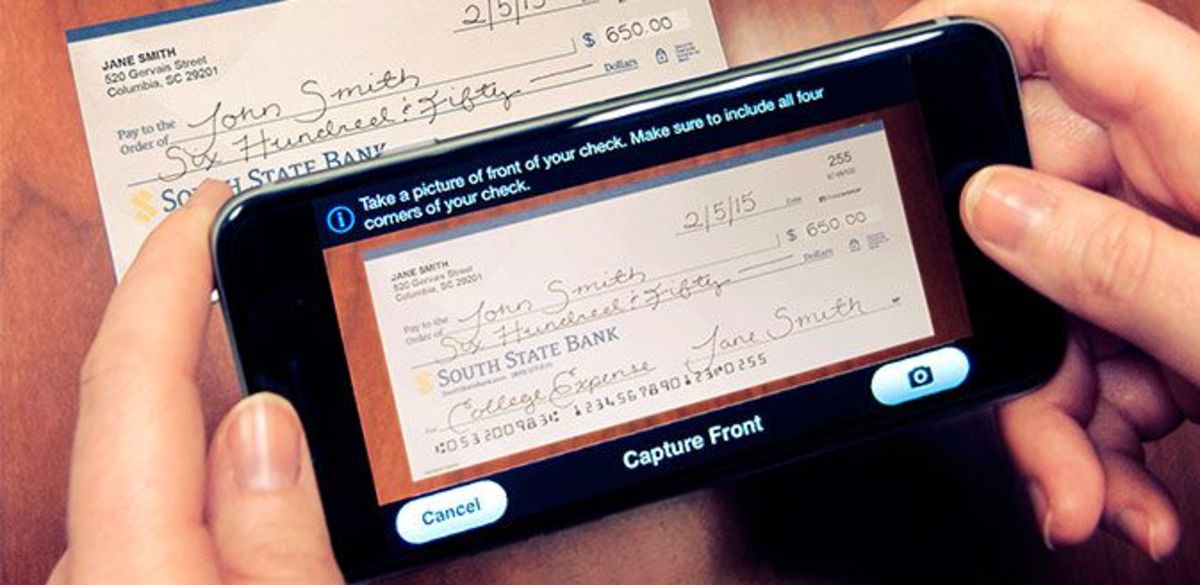Digital currency may create it's own bank
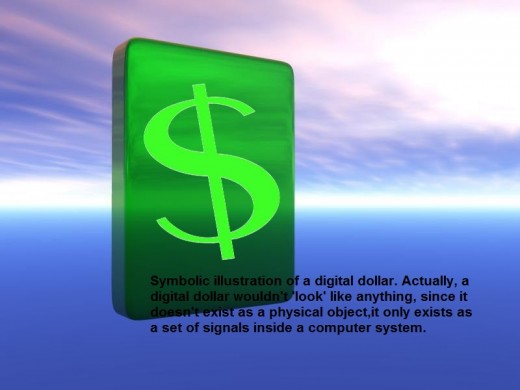
Many people have talked about digital currency and the potential that it has to replace old-fashioned paper currency. Some people have made serious attempts to create digital currencies. The Bitcoin is a well-known digital currency, it's become notorious because of it's fluctuations in value on world currency markets. The only digital currency backed by the federal government of any country is the Mint Chip, which was created by the Canadian government.
If you asked me what my ideas were, regarding digital currency, I would say that digital currency should be programmable. If you had a digital dollar, you should be able to program it so that it can engage in boycotts, and perform other financial tasks for you. Each digital dollar should have a tagging component built into it. The tagging component allows the owner of that dollar to put tags on the dollar. The tags would restrict the way that the dollar could be spent. You might wonder, 'Why would I want to restrict the ways that one of my dollars could be spent?'
Suppose you have a teen-aged son, and you want to give him an allowance, but you're afraid that he'll buy cigarettes with his allowance. You can use your home computer to put anti-tobacco tags in some digital currency, and then give the currency to your son, as an allowance. The anti-tobacco tags are temporary, and they will be automatically erased after one transaction. So, after getting his allowance, your son goes to the store and tries to buy cigarettes. The transaction doesn't go through, and the store manager tells you son, 'We cannot sell you cigarettes, because the money you're using is tagged. Your tagged currency has anti-tobacco tags on it, so you can't buy any tobacco products with it'. Your son should not despair. He can still use the money to by potato chips, candy bars, compact discs, etc. Purchases by juveniles can be restricted with tags so that certain items, such as alcohol, tobacco, and pornography cannot be purchased.

During the 'Occupy Wall Street' protests in New York, I was wondering what kind of economic system could be established with digital currency. The protesters in the 'Occupy Wall Street' protests were protesting against the greed of the big Wall Street banks, and it's clear that the only permanent way to solve the problem is to create a new economic system, an economic system that is fair to the working class. I believe that the new economic system can be created with digital currency.
In one of the paragraphs above, I described how a parent could restrict the purchases made by his teen-aged son, by putting tags on the digital currency. The tags I described in that paragraph are called juvenile restriction tags. A digital currency system that supports tags will have many classes of tags. One class of tags will be called economic boycott tags, or they will simply be called 'boycott tags'. Let's run though a scenario, to illustrate how boycott tags will work.
Suppose one of the "Occupy Wall Street' protesters gets some digital currency and he discovers that it can be tagged to prevent certain types of transactions. Naturally, he will want to tag his digital dollars so they can help to establish an economic boycott. Let's imagine there's a corrupt corporation that he hates, I don't want to mention the name of a real corporation, so I'll make one up, let's suppose there's a corporation called G.I.I., which stands for Greedy International Industries. So, he puts anti-G.I.I. tags on his digital dollars.
He goes to a grocery store, and he picks out a few items to by, he takes these items to the cash register, and the sales clerk rings them up. An alarm goes off on the digital cash register that the sales clerk is using. The alarm means that the cash register's computer has detected boycott tags on the currency. The sales clerk says to the customer, "Are you using tagged currency?" The customer says yes. She says, "My computer tells me that two of the items you wanted to buy are made by subsidiaries of G.I.I. You tried to buy a bar of soap, and it's made by International Soap Corporation, which is a division of G.I.I.,and you also tried to to buy a bottle of pancake syrup, which is made by American Syrup Associates, which is also a division of G.I.I. Do you want to buy these items?"
The customer says 'No! I am boycotting G.I.I.! I don't want to buy anything made by them!" The sales clerk says, 'Okay, I'll put the boycotted items back on the shelf. What about the other items?" He says yes, he wants the other items, and so he buys all the other items he's chosen with his digital currency. This is a scenario that is typical of a boycott action. The boycott tags on the customer's currency will be erased after the transaction is complete. By default, boycott tags are temporary tags. The only way to put a permanent boycott tag on digital dollars is through a democratic process. An activist would have to circulate a petition, and if enough signatures are gathered on that petition, the petition drive would establish a new class of boycott tags, and these tags would be permanent.
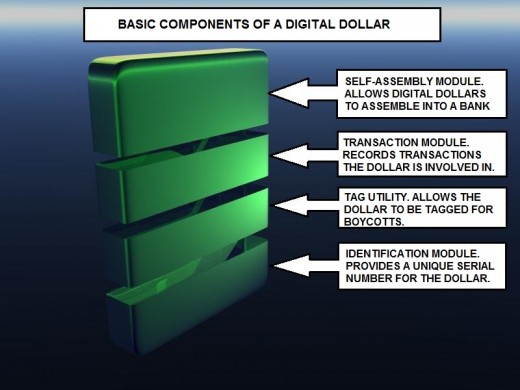
Of course, the existence of money also implies the existence of a bank. The economic system will never be fair to the working class if all of our money is held in banks controlled by corrupt millionaires. The working class should create their own banks, and digital currency is the way to do it. Suppose each digital dollar has a software component in it that allows it to seek out other digital dollars, and unite with them. If several digital dollars are placed inside a computer, the dollars would find each other, and they would unite to form an account inside that computer. They could even form a bank.
Of course there would have to be rules, for this level of computer functionality. In order to form a bank, there would have to be a certain number of digital dollars present in the computer. Suppose the minimum number of dollars required to form a bank would be one million. If a million or more digital dollars were present inside of any computer, the dollars would automatically assemble themselves together to form a bank. They would do this automatically, without human intervention. So, if a million (or more) digital dollars were placed inside a computer, the dollars would find each other, they would identify each other, and they would assemble themselves together to form a bank. Let's take a look at how one of these banks would work.
Let's take the case of a typical person, I dont' want to mention the name of a real person, so I'll make up a fictional person. Let's say his name is John Doe. John Doe could be anyone, he could be a certified public accountant, he could be a computer programmer, he could be one of the 'Occupy Wall Street' protesters. There's one thing that sets John Doe apart from all the rest. He allowed his computer to be used as a repository for other people's cash. He complied with a few simple rules, and after passing a few tests, people entrusted him with their cash. So, they started putting their cash into his computer. As soon as one million dollars was inside his computer, the money in John Doe's computer assembled itself into a bank. Now John Doe has a bank in his computer.
John Doe's bank is a fully functioning bank. He can create bank accounts for other people. He can give bank loans to people and charge interest on the loans. This is only a scenario. In actual practice, the bank's computer might be owned by a non-profit organization, instead of an individual like 'John Doe'. Community activist groups can start their own banks, in this way. Since the bank assembles itself, with self-assembling software code, there is no need for the banker to learn computer programming. There is no need for the banker to buy any software, because the software itself would be contained in the digital dollars themselves. In this way, any community group can become a bank, and any community activist can become a banker.
Anthony Ratkov, March 7, 2013.



